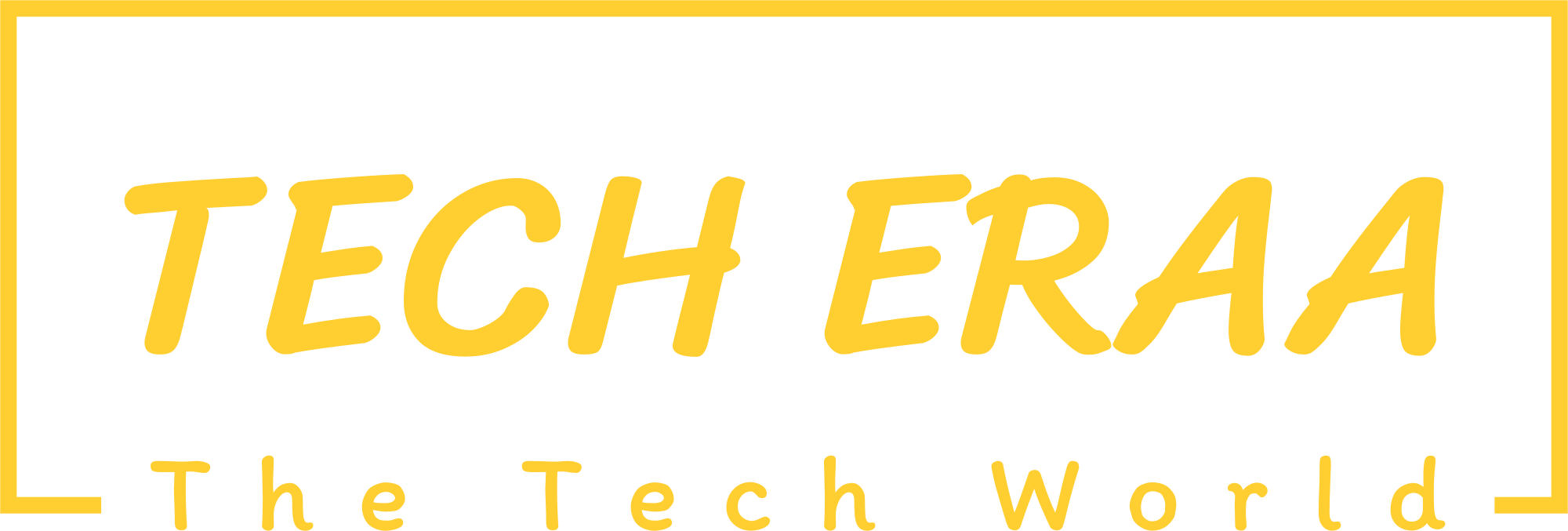Introduction to the Rotary Peace Fellowship
The Rotary Peace Fellowship is a prestigious program offered by Rotary International to individuals committed to promoting peace and resolving conflicts worldwide. Established in 2002, the fellowship aims to train peacebuilders and leaders who can address the root causes of conflict and contribute to building sustainable peace in their communities and beyond.
History and Origin
The idea of the Rotary Peace Fellowship emerged as part of Rotary International’s commitment to advancing peace and conflict resolution. Recognizing the need for skilled professionals in this field, Rotary launched the fellowship to provide academic and practical training to individuals passionate about peacebuilding.
Goals and Objectives
The primary goal of the Rotary Peace Fellowship is to empower individuals with the knowledge, skills, and networks necessary to become effective peacebuilders and catalysts for positive change in their communities. By fostering collaboration and understanding across cultures and sectors, the fellowship aims to create a more peaceful and equitable world.
Eligibility Criteria
Academic Background
Applicants must hold a bachelor’s degree or equivalent in a relevant field, such as international relations, peace studies, conflict resolution, or a related discipline.
Work Experience
Candidates should have a minimum of three years of relevant work experience in peacebuilding, conflict resolution, or related fields.
Language Proficiency
Proficiency in English is required for all applicants, as the fellowship programs are conducted in English. Additional language skills may be beneficial, depending on the host institution and program requirements.
Application Process
The application process for the Rotary Peace Fellowship typically involves submitting an online application form, along with supporting documents such as academic transcripts, letters of recommendation, and a personal statement outlining the applicant’s commitment to peacebuilding.
Selection Process
Applicants who meet the eligibility criteria are evaluated based on their academic and professional achievements, leadership potential, and commitment to promoting peace and conflict resolution. Shortlisted candidates may be invited for interviews as part of the selection process.
Programs Offered
The Rotary Peace Fellowship offers two types of programs:
Master’s Degree Programs
These programs provide fellows with the opportunity to earn a master’s degree in fields such as peace studies, conflict resolution, international development, public administration, or related disciplines.
Certificate Programs
Certificate programs are shorter, intensive courses focused on specific aspects of peace and conflict resolution. These programs are designed for professionals who wish to enhance their skills and knowledge in a particular area of peacebuilding.
Curriculum and Courses
The curriculum for Rotary Peace Fellowship programs varies depending on the host institution and program type. However, common areas of study include conflict analysis, mediation and negotiation, humanitarian law, human rights, sustainable development, and peacebuilding strategies.
Host Institutions
Rotary Peace Fellows have the opportunity to study at prestigious institutions around the world known for their expertise in peace and conflict resolution. Host institutions include universities and research centers in North America, Europe, Asia, Africa, and Australia.
Fellowship Benefits
The Rotary Peace Fellowship covers tuition and fees, room and board, and provides a stipend for travel and other expenses related to the fellowship program. Fellows also have access to networking opportunities, mentorship, and ongoing support from Rotary International and the Rotary Peace Centers.
Alumni Network
Upon completing the fellowship program, Rotary Peace Fellows become part of a global network of alumni committed to advancing peace and conflict resolution. Alumni have access to resources, events, and opportunities for collaboration and professional development.
Impact and Success Stories
The impact of the Rotary Peace Fellowship extends beyond individual fellows to the communities and regions they serve. Many alumni have gone on to lead initiatives and organizations dedicated to peacebuilding, conflict resolution, and social justice, making a tangible difference in the world.
Conclusion
The Rotary Peace Fellowship is a unique opportunity for individuals passionate about peace and conflict resolution to gain the skills, knowledge, and networks needed to make a positive impact in their communities and beyond. By investing in peacebuilders and leaders, Rotary International continues to play a vital role in building a more peaceful and just world.
FAQs about the Rotary Peace Fellowship
Q. What is the Rotary Peace Fellowship?
A. The Rotary Peace Fellowship is a program offered by Rotary International to train individuals in peacebuilding and conflict resolution.
Q. Who can apply for the fellowship?
A. Individuals with a bachelor’s degree, relevant work experience, and a commitment to promoting peace are eligible to apply.
Q. How do I apply for the Rotary Peace Fellowship?
A. Applications are submitted online and typically require supporting documents such as transcripts, letters of recommendation, and a personal statement.
Q. What are the benefits of being a Rotary Peace Fellow?
A. Fellows receive funding for tuition, room and board, travel, and other expenses related to the fellowship program. They also gain access to a global network of alumni and ongoing support from Rotary International.
Q. How competitive is the selection process?
A. The selection process is highly competitive, with applicants evaluated based on their academic and professional achievements, leadership potential, and commitment to peacebuilding.


